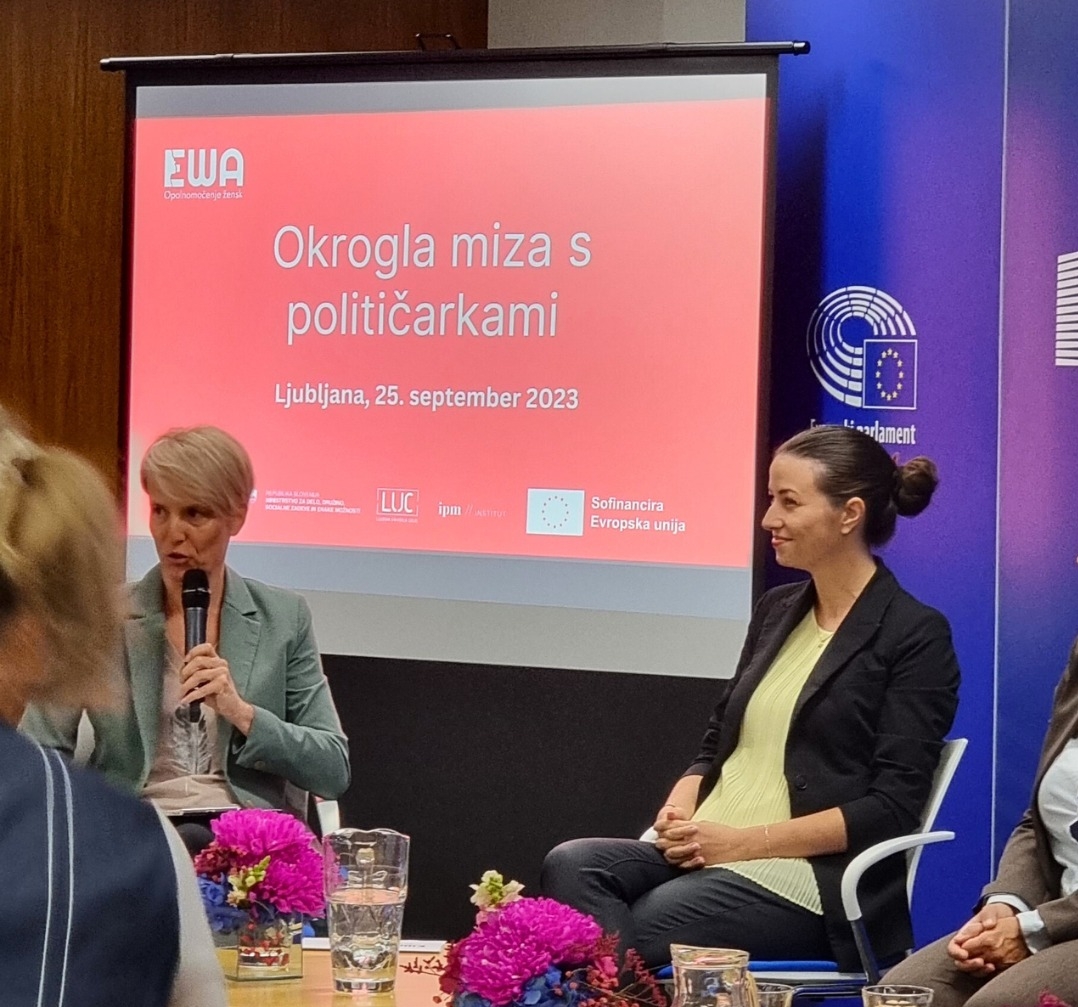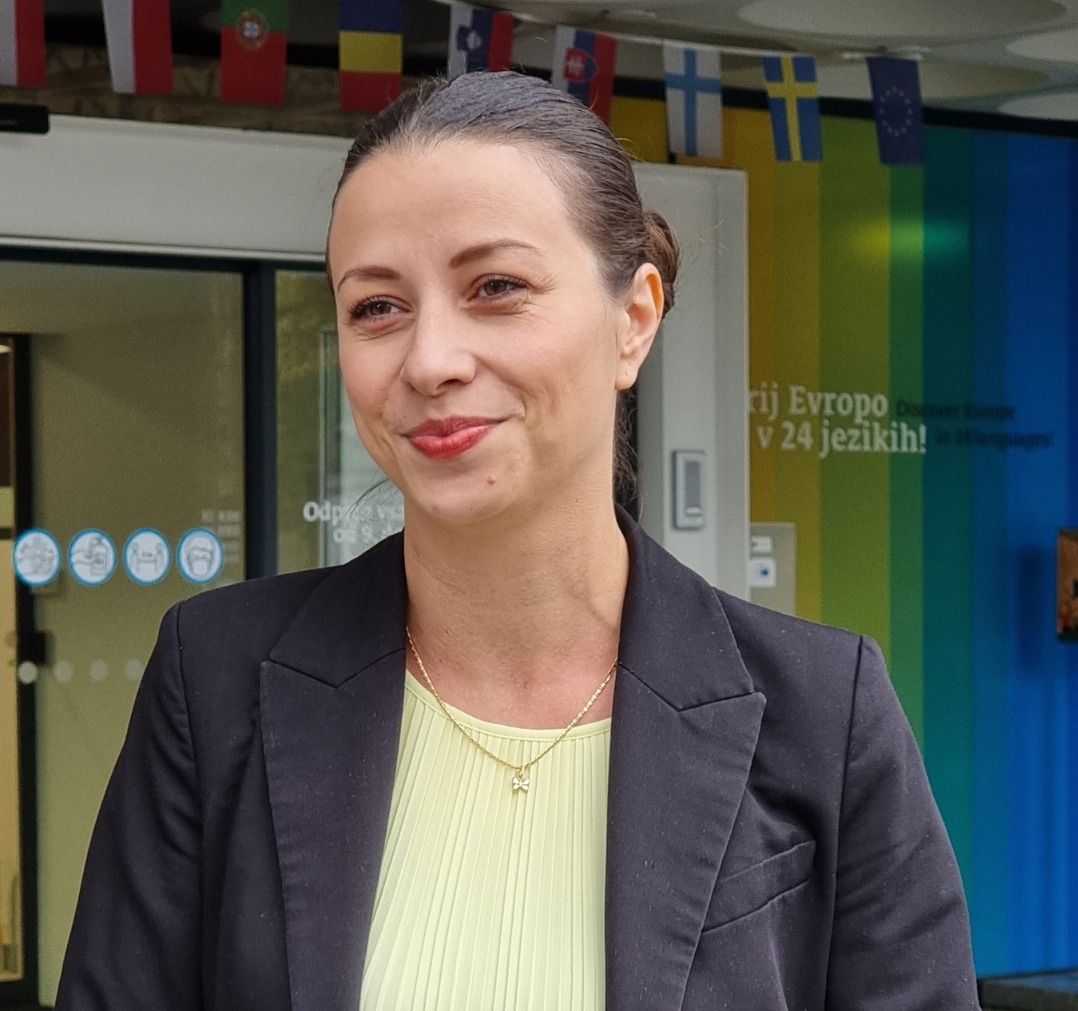“What do you know, you Johnny-come-lately? You haven’t even been there.”
This and similar comments –I don’t intend to share the more vulgar ones, as they don’t deserve being made public – made me decide to respond.
Because I have been there. I’ve been to Israel. And I’ve been to Palestine.
Did any of you get to choose where you were born? Do any of you know, I mean really know, what it is like to grow up and live in a land of milk and honey – at least as the Bible would have it?
Neither do I. But I do know what I saw, heard and experienced as a journalist that week in April 2018.
Let me start with my conversation with two gentlemen from the Jewish quarter in Jerusalem. Azriel and Eyal explained to me using the same words (almost as if they got their stories straight beforehand) that Palestinians and Jews are able to coexist – and I quote – just great.
“Our lives have never been better. We Jews are back again, everything is perfect. We love each other, we build houses and roads together. These are our friends.”
Then came the “but”: “But, you know, there are also evil people who want to kill other people.” Which, of course, is hard to disagree with.
Then came the second “but”: ‘But a two-country scenario? With two nations? No, no, no. No way. God gave this land to us! This is our gift from God!”
So much for great coexistence. For years.
Have you ever heard of Hebron? The largest Palestinian city in the West Bank, but in reality, a ghost town for a long time. Palestinians are forbidden to move around the main streets that used to be full of people. As a result, thousands have moved out of the old centre, while a few hundred Israeli settlers are guarded by young soldiers. Who guarded us, too – the journalists and camera crews. We were not allowed to record statements of the admittedly few passers-by, but by chance we stumbled upon school children on a field trip, the activity on the street had increased slightly and the army were no longer monitoring the situation so closely.
“This is Israel. Hebron is our city. It is absurd that Palestinians live here, given that this is ours. Soldiers have to protect us so that we can walk these streets, and yet this is our country. While the Palestinians want to kill us. Really!” This is a piece of my conversation with a 12-year-old girl. A twelve-year-old.
Many of you have probably heard of Bethlehem, if nothing else. According to Christian belief, this is where Jesus Christ was born. In an idyllic village, a far cry from its current state.
“I’m happy, but I really don’t like this wall here. You know why it’s like this, don’t you? The Israelis are shooting at us. Soldiers. They want to kill us.” And now this was a snippet of my conversation with a boy from Bethlehem. He was eight years old. Eight. His words sound familiar, don’t they?
Like all of us, these two children could not choose where they were born. But (some) adults have chosen how they are growing up.
One of the other interlocutors described Palestine to me as “so beautiful, but at the same such a hell”. Another explained to me the true meaning of the word succession: if you are born to a refugee, you, too, are a refugee.
My opinion on the Palestinian-Israeli conflict, now the Gaza war, has been the same all along. What has changed since 2018 is simply that I am now in a position to warn, urge, write, speak, criticise, ask questions and push. I do what I can. I am in a minority, but that does not mean that I have been silent or that I ever will be. On the contrary.
Not only now, I’ve been vocal throughout my term as an MEP. By drafting petitions. Resolutions. Amendments. Written questions to the competent authorities. By calling on the European Commission to respect fundamental rights and international law and draw up an appropriate legal act in the context of the common trade policy. By calling on the European Commission to take restrictive measures in response to violation of fundamental human rights (in connection with illegal settlements). By asking the European Commission whether it intends to consider excluding Israel from EU-funded programmes. By calling on the European Commission to at least re-examine the implementation of the EU-Israel Association Agreement due to Israel’s disregard for international and humanitarian law. By publicly supporting the establishment of an international tribunal for war crimes against children. By condemning Hamas. By taking a clear position on the need for an immediate ceasefire and sanctions in the face of the disproportionate retaliatory measures taken by the State of Israel in Gaza.
It is not normal that – in the name of security – one nation needs permission to exist, let alone survive and live. It is not normal that – in the name of security – one is controlled by soldiers who are barely of age.
It is not normal that a nation that was once subject to deportation and – I apologise for the term, but I will use it – “extermination” by others, is now doing the same.
Terrorism isn’t normal, of course it isn’t. Nor is indiscriminate bombing. Nor are so many innocent dead. On either side. There is no justification for that.
It is not normal that someone can behave as if they own the world. And it is not normal that – in the name of security – that same world allows them to do so.
– Irena Joveva
You can see the full article here.


